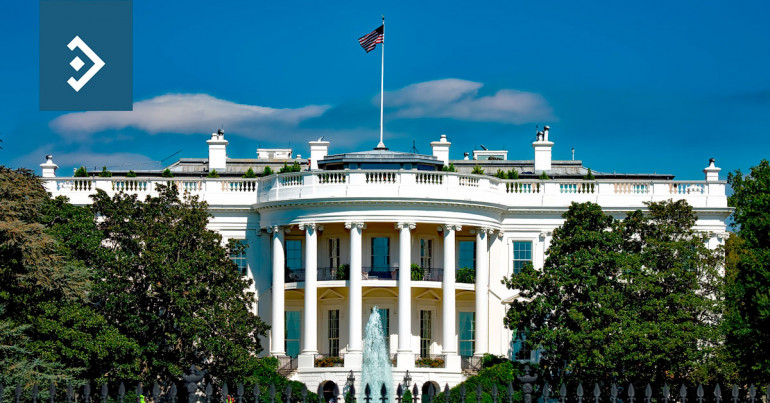
Trump praises economy while calling for rate cut
Morning mid-market rates – The majors
August 20th: Highlights
- Dollar stronger despite rate cut hopes
- Johnson calls on France and Germany to change Brexit position ahead of G7
- Euro edges lower on dollar gains
Trump “hopeful” of trade deal with China
It was rumoured that the Administration is considering further stimulus in the shape of tax cuts funded by the additional revenue created by the additional tariffs on Chinese imports.
Trump also said that he expected a deal to be completed with China on trade. This is despite his tougher actions yielding no concessions from Beijing.
Kudlow pointed to recent economic data showing employment, retail sales, and consumer spending all looking “as good as it gets”.
Analysts will point to the clear discrepancies between the President’s criticism of the Federal Reserve over its hawkish attitude to rate cuts while also praising the country’s economic strength.
The dollar recovered recent losses and rose to a three-week high. It seems that every piece of news is positive for the dollar as other G7 currencies continue to struggle. The dollar’s gains yesterday came despite an improvement in risk appetite which should have seen traders selling safe haven currencies in favour of those with a riskier profile.
The release of the minutes of last month’s FOMC meeting tomorrow are eagerly anticipated.
The focus will be on the more hawkish members of the committee and the projections for inflation.
The dollar index reached a high of 98.39 yesterday, closing just one pip from that level.
Considering your next transfer? Log in to compare live quotes today.
Johnson continues to pressure Brussels
Talk is now of the effect of no-deal and sorting what is genuine concern and what is related to “project fear”. The publication at the weekend of a dossier prepared for the Government on the likely effect of a no-deal scenario has been labelled scaremongering by both Johnson and his Minister responsible for no-deal planning, Michael Gove.
Gove said that the report had been produced “some time ago” and preparations were far more advanced now.
Nevertheless, unless Johnson can change the minds of Emmanuel Macron and Angela Merkel when he meets them this week it seems that the time is almost up for anything other than a chaotic departure.
Political machinations continue behind the scenes as preparations for a vote of no confidence are planned for the first few days after Parliament returns in a couple of week’s time.
Sterling, having taken a breather over the past few days, is set to resume its downtrend in the coming weeks as both a no-deal Brexit and the possibility of a General Election rise.
The irony of the leader of the opposition criticizing the threat of Boris Johnson heading off no-deal by calling a General Election calling it unconstitutional, while himself planning to “hijack” Parliament and installing himself as interim Prime Minister, calling for a second Brexit referendum, won’t have been lost on the Prime Minister.
Yesterday, Sterling traded in a narrow range versus the dollar between 1.2173 and 1.2104, closing at 1.2127. Versus the single currency, it resumed its downtrend, reaching a low of 1.0905 and closing at 1.0947.
Single currency awaits more bad news
There is no expectation at all that activity data due for release later this week will be anything other than disappointing. There is little optimism that the G7 meeting which takes place this weekend may lead to some concerted stimulus but given the protectionist attitude of the U.S., it is probable that any stimulus will be to aid their economy first and any help for the global economy will be a by-product.
Inflation data which was released yesterday shows that there is no pressure being felt on prices as it fell to 1% in July from an upwardly revised 1.3% in June.
Expectation is growing that the ECB will be left with no choice but to make some radical decisions at its meeting next month to provide greater stimulus to break free of the spiral of falling economic activity.
There is work being done behind the scenes to ensure that savers are protected from the effect of negative rates which are surely going to be one of the outcomes of any stimulus package.
The euro is unlikely to break far below the 1.1000 level over the next few weeks, unless there is a major negative event, as traders mull over what to expect from the ECB. Yesterday, the single currency reached a low of 1.1076 versus the dollar, closing at 1.1078.
Have a great day!

About Alan Hill
Alan has been involved in the FX market for more than 25 years and brings a wealth of experience to his content. His knowledge has been gained while trading through some of the most volatile periods of recent history. His commentary relies on an understanding of past events and how they will affect future market performance.”



